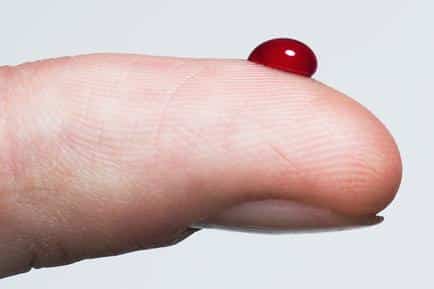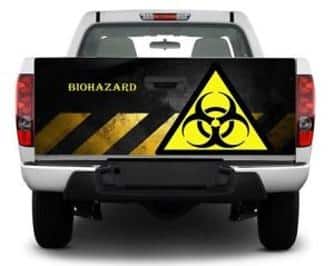Cleaning Up Blood Safely

Personal Protective Equipment Checklist
Before attempting to clean up a blood spill, it’s very important to be certain that all the proper PPE (Personal Protective Equipment) is used to keep you safe. And remember, even though you’re wearing PPE, it’s still important to use caution while cleaning up body fluids. Do your best to avoid getting blood on your PPE and periodically inspect your PPE for any rips or tears. Use this checklist prior to making contact with any blood.
- Wear a protective gown or body suit
- Always use disposable gloves
- Use a mask and eyewear
- Put on a protective cap
Cleanup Supplies For Blood Spills
- Disinfecting Chemical. A bleach / water solution works well (1 part bleach, 9 parts water).
- Thick, highly absorbent paper towels or rags.
- Kitty litter works well for absorbing bigger blood spills.
- Utilize a scooper or scraper.
- Red biohazard bags, tape, and boxes.

Cleaning Up Blood On Hard Surfaces
Transporting And Disposing Of Blood

Blood is considered a biohazard and there are regulations on how to transport and dispose of it in the state of Florida. By law, the vehicle that will be transporting the biohazardous waste must be registered with the Department of Health and the company must be licensed to transport and generate biomedical waste. Body fluids should be contained in clearly labeled biohazard bags. These bags must be sealed and placed into biohazard boxes on which a label must be attached including the business name, address, and four digit Department of Health number. These boxes can then be transported to a biohazard waste disposal facility where it is usually either incinerated or steamed for sterilization.